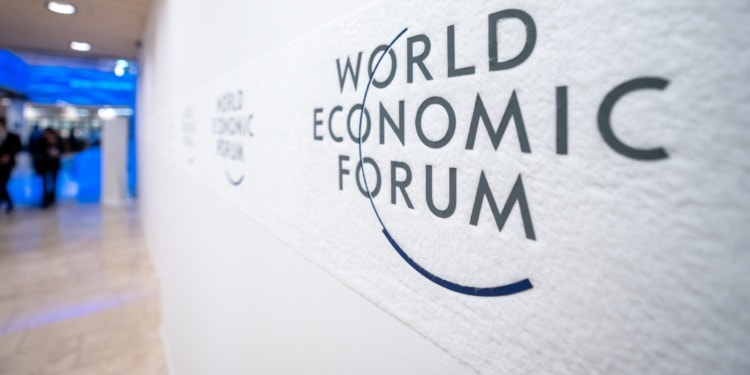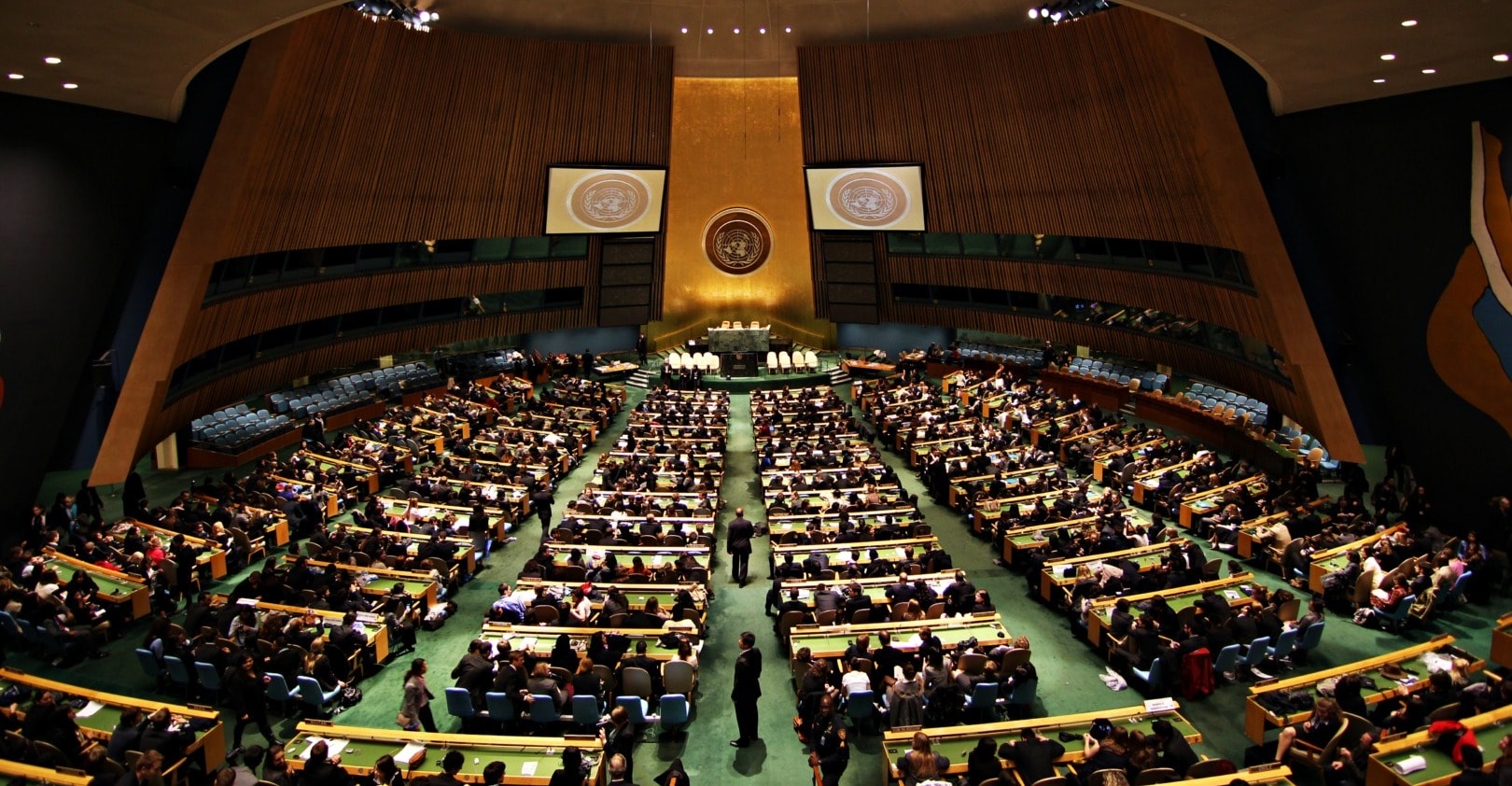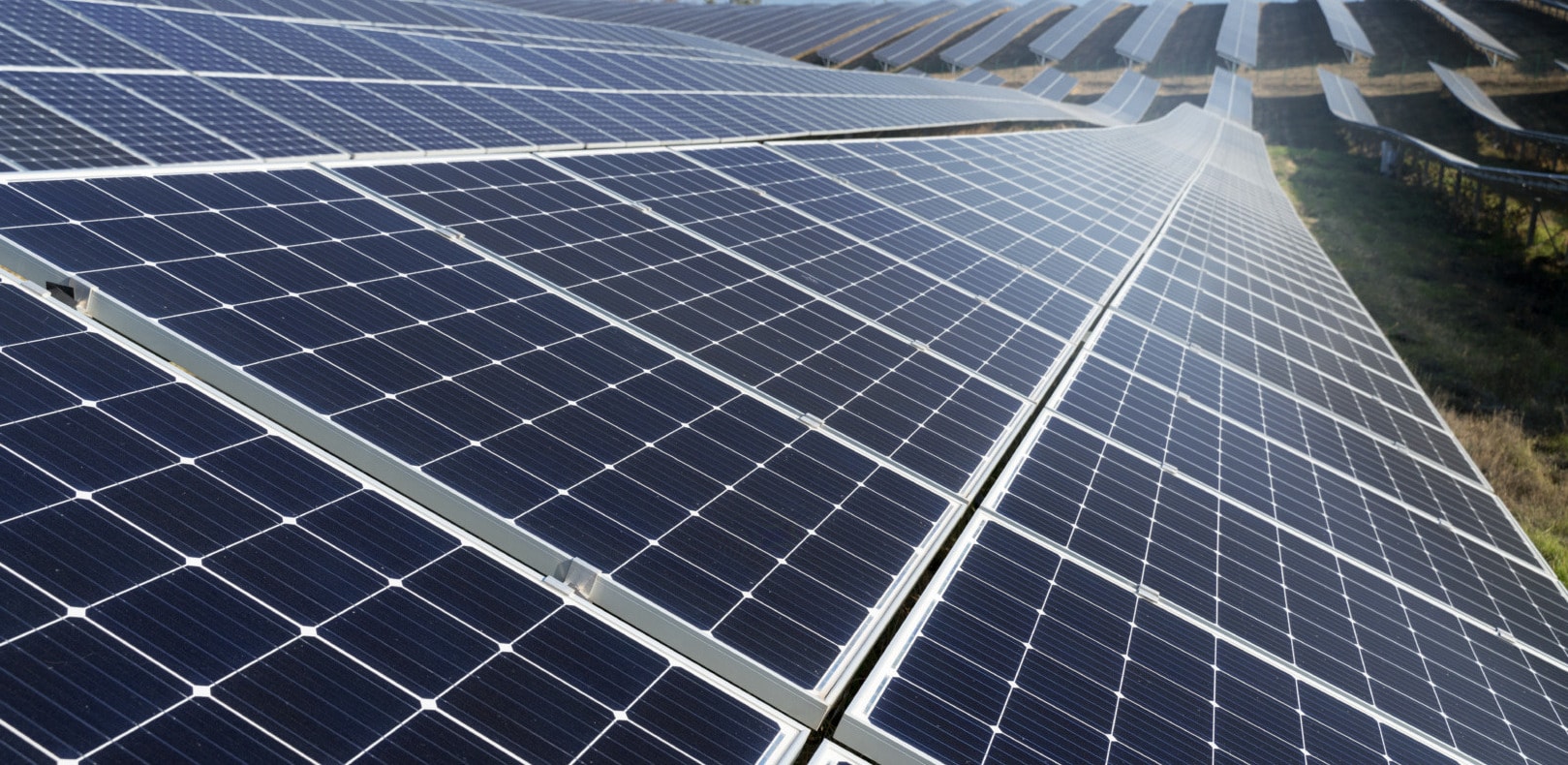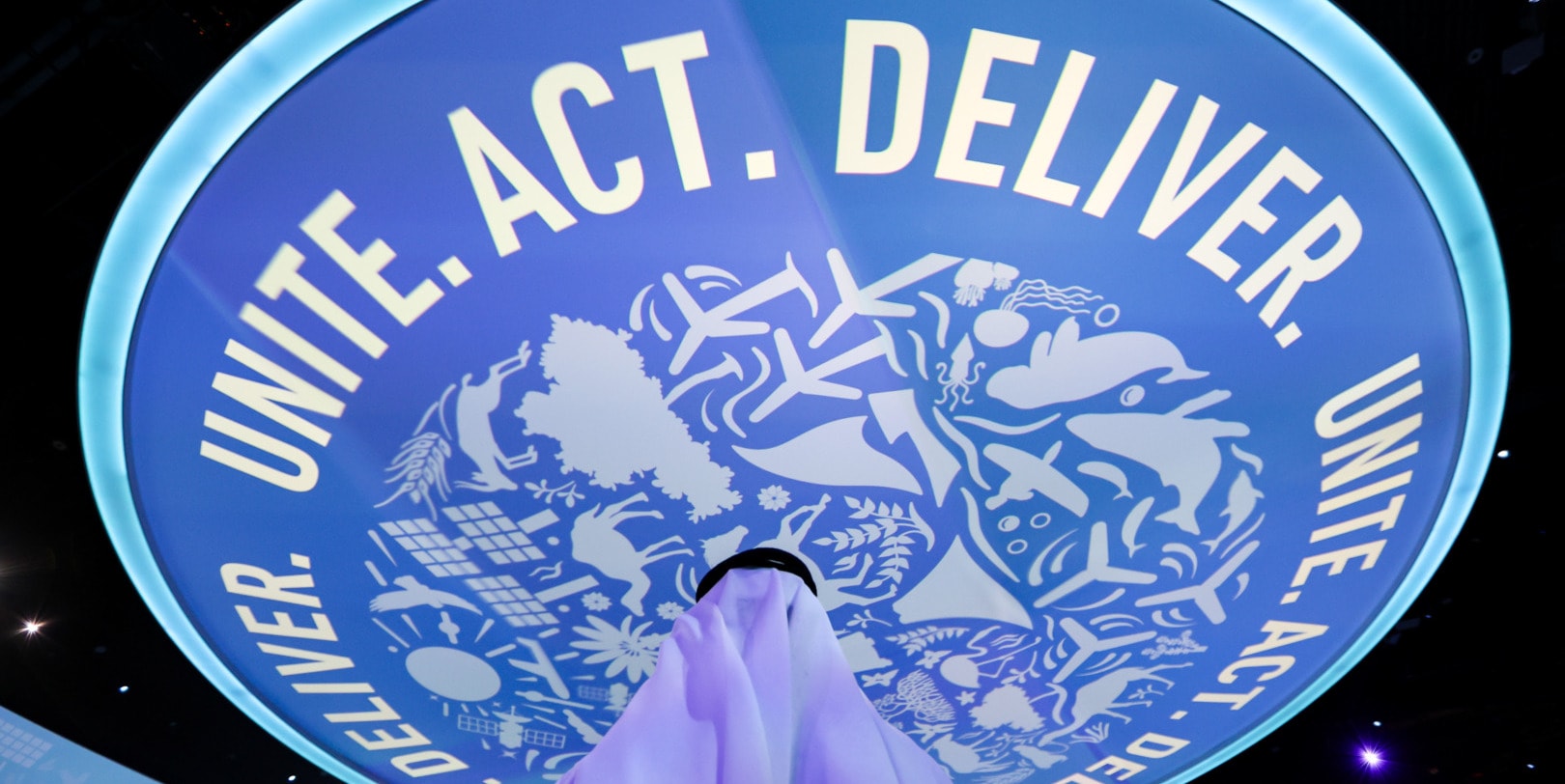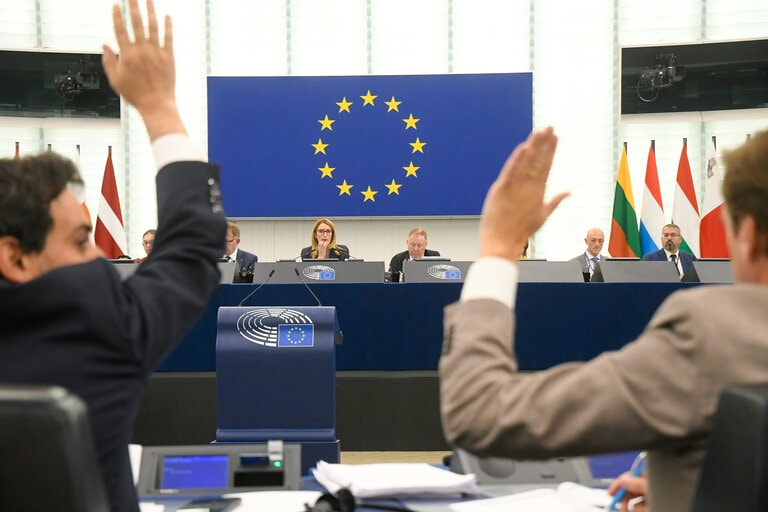Last week saw the 53rd annual World Economic Forum (WEF) gathering; a four-day event held in the Swiss skiing resort of Davos between the 16th – 20th of January. The meeting coalesced around the theme “Cooperation in a Fragmented World,” the irony of which cannot be lost amongst the increased levels of controversy than would usually be expected.
As protests, political boycotts and a circus-like state-sponsored security detail of up to 5000+ Swiss infantry mired its kick-off, Davos 2023 provided an important inflection point. What actual role does Davos 2023 actually have on the socio-political stage?
The WEF over time…
Initially founded by Professor Klaus Schwab as the European Management Forum, the mandate of the organisation has evolved from one focused on championing best-practice in corporate managerial strategy to one concerned with tackling global economic and social issues. As such, the WEF is now structured as a members’ organisation for the global corporate and political elite, whose spiritual home is found in the Swiss high Alps.
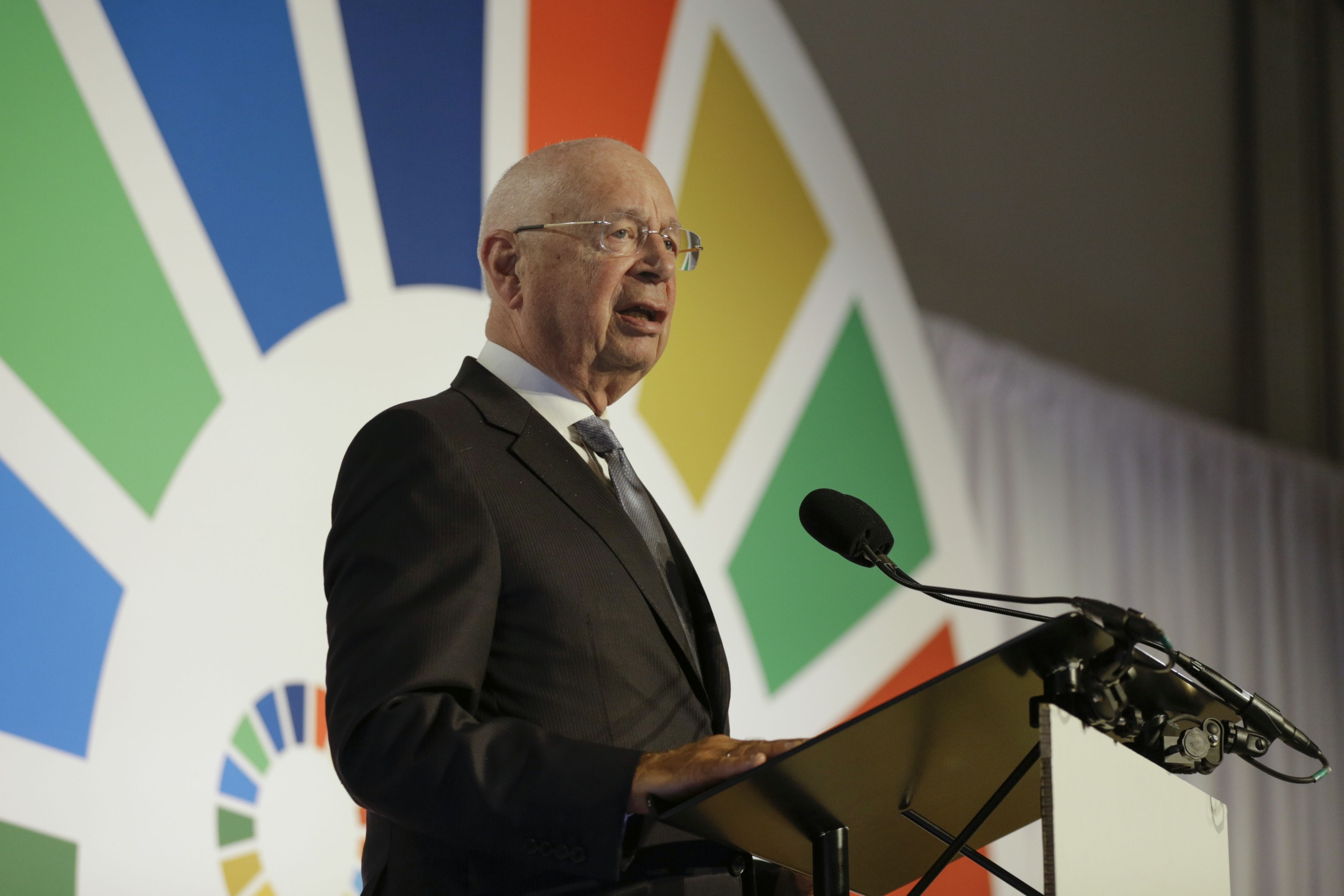
The 2700 attendees of Davos 2023 were made up of top executives, finance and trade ministers, heads of state and policymakers, alongside hundreds of economists, academics, NGOs and think tanks. In short, attendance included some of the most powerful and influential people on the planet.
As such, proponents liken the annual meeting to a nerve centre through which coordination and dialogue surrounding the most pressing issues of the day can be established between the 120+ attending nations.
From a certain perspective, this view is hard to refute. Historically speaking the WEF has had an influential hand in many of the most politically significant events of the last 50 years, ranging from the post-apartheid socioeconomic reorganisation of South Africa to the global economic recovery following the 2007 financial crash.
More recently, the Davos agendas have moved to position the deepening climate crisis and regulation of the tech-centric fourth industrial revolution at the centre of international discussions, both of which continue to seep into national policy spheres.
Despite the connotations of power and influence, it becomes important to remember that although Davos brings the global elite together, the WEF doesn’t actually wield any tangible executive power. The real potency of the WEF, poignantly represented by the Davos meetings, lies in its role as a grandstand-cum-melting-pot for those with substantial influence.
This is not to say the WEF is devoid of agenda, it remains firmly situated as a pro-globalist organisation, intimately tied to the promotion of neoliberal free markets, profit protection, and concepts such as inclusive growth.
However, as Davos 2023 has now drawn to a close, critics and commentators alike are seriously calling into question the relevance of Davos, and the WEF more broadly.
Davos 2023 and voices of dissent…
Where the previous two Davos meetings have been focused on issues relating to the COVID-19 pandemic and the ongoing Ukrainian war, this year’s discussions centred around the emerging global economic crisis, growing populations, energy, and food security and climate change, set against the goal of moving towards a more sustainable and resilient world.
Superficially, these aims seemingly strike at the heart of the highly reasonable and relevant, however, there is no smoke without fire, and Davos 2023 cannot be rationally considered without discussing the innumerate controversies surrounding the start of the event.
Multiple protest groups gathered in Davos, taking the opportunity to highlight the level of hypocrisy inherent in the global elite gathering to discuss solutions to the world’s most critical issues, most of whom profit off environmental destruction and the exploitation of cheap labour.
No demonstration has been more salient than that by members of Debtforclimate, a Global-South-driven initiative calling for climate-debt relief, who took to blockading the private airport used for Davos 2023, highlighting the grotesque and shameless nature of the 100s of high-emission private jets used to transport attendees on their way to discuss climate change policies.
Today, the #Davos World Economic Forum #WEF23 starts – involving hundreds of #PrivateJets.
🔥 On their arrival, jets were blocked by @Debt4ClimateCH
🔎New analysis by @Greenpeace shows the staggering ecological hypocrisy of @WEF participants and the world's 1% 👇🧵
1/4 pic.twitter.com/IGFsM0yn4K— Stay Grounded – @staygroundednet on Bluesky 🦋 (@StayGroundedNet) January 16, 2023
Greta Thunberg has been another loud voice of dissent, arriving in Davos immediately after participating in the protest against the planned expansion of a coal mine in the German village of Luetzerath. Alongside Vanessa Nakate, Helena Gualinga and Luisa Neubauer, Thunberg used Davos 2023 to promote a cease-and-desist notice calling big oil CEOs to stop any new fossil fuel extraction, which already boasts 660,000 signatures.
🛑 CEASE AND DESIST 🛑
Join @GretaThunberg, @vanessa_vash, @SumakHelena, and @Luisamneubauer – add you name to the letter to Big Oil CEOs now!
We demand an end to the fossil fuel projects that are destroying our planet. @Davos @wef #WEF2023 https://t.co/Zt1X17r6VR
— Avaaz (@Avaaz) January 16, 2023
As other activist groups at Davos 2023 have pointed out, big oil firms such as BP, Chevron and Saudi Aramco once again used the WEF platform to push their agendas. While oil companies claim it is essential that they are key players in the ongoing green transition, this year’s protests reflect feelings of desperation from civil society groups.
As exemplified by demonstrations from the Swiss Socialist Youth, Strike WEF and Greenpeace, all of whom call for the immediate taxation of the super-rich to tackle pervasive inequality and climate issues, there is an insistence that reasonable channels of discourse have broken down and immediate action, not further discussion, is required.
One point has been made abundantly clear, the platform afforded by the WEF stretches far beyond the official stages of the conference centre. Protest groups have utilised a unique opportunity at Davos 2023, thrusting their voice into the global conscience and crystallizing climate change as an issue that must be acted on now.
Related Articles: Ukraine War at Top of Agenda in Davos, Climate Change is Next | At “Virtual Davos” A Group of Billionaires Calls For a Wealth Tax | Taxing the Rich: 5% Tax Could Lift 2 Billion out of Poverty, Report Shows | U-Turn on Nudity Policy: Are Facebook and Instagram About to ‘Free the Nipple’?
Alongside those who attended Davos 2023, a long list of political A-listers chose to boycott this year’s event, where the German Chancellor represented the only G7 leader in attendance.
This marks a noticeable decline in attendance of the most powerful world leaders; Davos welcomed both Theresa May and Xi Jingping in 2017, and six of seven G7 leaders in 2018.
Instead, record numbers of global CEOs attended Davos 2023. Commentators have been quick to highlight this, alongside the lack of political engagement, as evidence for the waning power of the WEF and even of globalisation itself. The suggestion is that corporate actors are holding onto systems of operation that no longer hold relevance in the current geopolitical landscape.
As political leaders are consumed by torrid crises and focus their energies within the borders they govern, those who financially benefit from the Globalised economy were this year seen to flock to Switzerland, clinging to the “spirit of Davos” and the private-jet, oligarch-party culture it has come to be known for.
Topics covered at Davos 2023…
Throughout Davos 2023 last week, several major stories emerged from the gathering including China’s appeals to foreign investment as Vice-Premier Liu He declares the reopening of Chinese borders following three years of COVID-19 isolation, making China’s plans to revive its slow-growth economy clear.
The Russian-Ukrainian war unsurprisingly continued to be a hot topic as the first lady of Ukraine, Olena Zelenska, took to the stage to warn of a worsening economic crisis should Ukraine fail to stave off Russian forces.
In a strong show of support, Finnish Prime Minister Sanna Marin used the Davos stage to pledge ongoing support to Ukraine “as long as needed.” Marin continued to say Ukrainian NATO membership and the threat of a more robust military response could have prevented the Russian invasion, before pointing to Finland’s own border with Russia and her intention to seek Finnish NATO membership.
Ukraine must win this war. I see no other choice, – PM of Finland Sanna Marin. She also added that the current full-scale war could have been avoided if the world's reaction to Russia's occupation of Crimea in 2014 had been tougher and Ukraine had been a NATO member. 🇭🇺❤️🇺🇦 pic.twitter.com/pg8rjkrNBM
— Denes Torteli 🇪🇺🇭🇺🇺🇦 (@DenesTorteli) January 17, 2023
Alongside pledging ongoing EU support for Ukraine, European Commissioner Ursula von der Leyen has dominated headlines as she has stated that “Europe must derisk from China,” pointing out the fact that the EU will not shy away from striking back against the industrial subsidies and loose environmental regulations being used to encourage investors to relocate their manufacturing operations within Chinese borders.
Expected EU to criticize US green protectionism. Instead, @vonderleyen went after China, saying EU won’t hesitate to strike back over industrial subsidies and loose enviro regs. “Climate needs a global approach but a fair approach” #davos #wef pic.twitter.com/sZB7DrVumY
— John Stackhouse (@StackhouseJohn) January 17, 2023
She further laid out EU plans to secure Europe’s place as the home of the clean-tech transition and discussed Europe’s joint plans with the US to ensure programmes incentivising clean-tech are mutually reinforcing, avoiding the creation of clashing competition.
The EU and the US share a deep commitment to addressing the climate crisis and accelerating on the way to net-zero.
We are working to ensure that our incentive programmes for clean tech are fair and mutually reinforcing.⁰#EUGreenDeal#IRA pic.twitter.com/INn4Jo8FVx
— Ursula von der Leyen (@vonderleyen) January 17, 2023
Despite the seemingly climate-optimistic stance suggested in von der Leyen’s attempt to paint a European and US collaborative force working together towards a more just and green future, John Kerry, the US climate envoy representative voiced an entirely different perspective. In his intervention at the Davos Congress centre, he openly criticised big business and politicians for failing to back real and effective action.
While UN Secretary General called businesses to “put forward credible and transparent transition plans on how to achieve net-zero” or risk leaving “the door wide open to greenwashing,” we saw opposing viewpoints emerge, one more concerned with securing growth and economic progress on home soil, and one more intimately aligned with the urgent action needed to keep global warming between 1.5°C to 2°C, as implied by consensus around climate science.
Only time will tell if real practical solutions will emerge from the talks held at WEF last week, such as those focused on geopolitics, the regulation of cryptocurrency and the looming recession.
Is there a place for the WEF on the global stage?
The WEF certainly frames itself as playing an important role in the socio-political/economic landscape, however as many political journalists and commentators continue to point out, Davos only ever holds the level of relevance afforded to it by its attendees.
Grand agendas aside, the reality is that the lack of representation of major global politicians is a broad acknowledgment that amidst the “polycrises” pointed out by Davos 2023 speakers, it just isn’t a good look to be seen rubbing shoulders with the private-jet-owning-C-suite-elite, whilst people struggle with the zero-sum choice: to heat or to eat?
It seems the lack of policy-explicit action achieved by the WEF in Davos is all too exposed, which protesters and NGOs alike have been quick to identify. As climate scientists and social data point to a worsening multi-faceted global scenario, one can only hope that governments finally realize it’s time to reign in the profit-driven actions of the business elite and take strong affirmative action, the likes of which go far beyond the scope of the WEF.
Worth remembering, however, and as numerous activist organisations have demonstrated, the outcomes of Davos 2023 are not only decided by the attending elite. The mobilisation of public conscience through protest and subsequent media coverage has given politicians and CEOs alike nowhere to hide. This may yet prove to be the most positive outcome of Davos, and if not from Davos, where next?
Editor’s Note: The opinions expressed here by the authors are their own, not those of Impakter.com — In the Featured Photo: WEF logo at Davos 2023. Featured Photo Credit: World Economic Forum/Flickr


